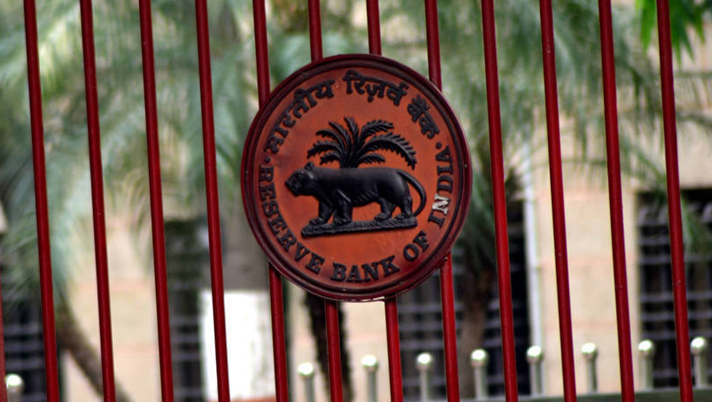Russia's Budget Woes Deepen: Deficit Soars Fivefold in 2024, Raising Economic Concerns

Russia Faces Growing Financial Strain as Budget Deficit Rockets
Moscow - Russia's financial situation is becoming increasingly precarious as the budget deficit has ballooned fivefold in 2024, according to the latest data released by the Finance Ministry. The deficit surged by a significant 168 billion rubles (approximately $2.18 billion) in May alone, pushing the cumulative deficit for the first five months of the year to a staggering 3.4 trillion rubles ($44.2 billion). This figure represents a hefty 1.5% of Russia's Gross Domestic Product (GDP).
Factors Contributing to the Deficit
Several factors are contributing to this dramatic increase in the budget deficit. Primarily, reduced revenue from oil and gas exports – a cornerstone of the Russian economy – is playing a crucial role. Western sanctions, aimed at limiting Russia's access to global markets and restricting its ability to sell energy resources, have significantly impacted export earnings. The price of oil has also fluctuated, further adding to the revenue challenges.
Simultaneously, government spending has increased substantially. A significant portion of the budget is now allocated to military expenditure, particularly in light of the ongoing conflict in Ukraine. Increased social spending and support measures for domestic industries are also contributing to higher outlays. These combined pressures are creating a considerable strain on Russia's financial resources.
Economic Implications and Potential Responses
The escalating budget deficit raises serious concerns about Russia's economic stability and its ability to sustain current levels of spending. Analysts are closely watching how the Russian government will respond to this challenge. Potential measures could include:
- Further borrowing: Issuing more government bonds to finance the deficit. This, however, could lead to increased debt and higher interest rates.
- Spending cuts: Reducing non-essential government programs to lower overall expenditure. This is politically sensitive and could impact social welfare programs.
- Tax increases: Raising taxes on businesses or individuals to boost revenue. This could dampen economic activity and face public resistance.
- Depleting sovereign wealth fund: Utilizing the National Wealth Fund to cover the shortfall. However, this is a finite resource and depleting it excessively could have long-term consequences.
Impact on Singaporean Businesses and Investors
While geographically distant, Russia's economic challenges can have ripple effects on the global economy, including Singapore. Singaporean businesses with investments or trade links to Russia may face increased risks and uncertainties. Volatility in commodity markets, particularly energy prices, could also impact Singaporean companies.
Looking Ahead
The Russian government faces a difficult balancing act in addressing this growing budget deficit. The choices it makes will have significant implications for the country's economic future and its ability to navigate the ongoing geopolitical landscape. Continued monitoring of Russia's economic performance and policy responses will be essential for assessing the potential impact on the global economy and Singapore.






